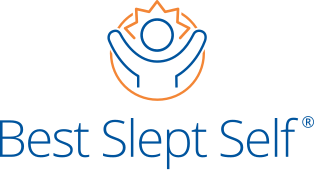
It’s time to be your
Best Slept Self ®



March 10-16, 2024
Every year, the National Sleep Foundation takes this time to reemphasize the important connection between your sleep and your health and well-being. We’re here to help you become your Best Slept Self. Because deep, rejuvenating sleep is what we toss-and-turn about.
Advancing sleep health for all
Why we do it?
The connection between sleep and health is real. It impacts every one of us. It’s why we conduct our Sleep in America® Poll and release our findings to anyone who wants to know pretty much anything about sleep. During Sleep Awareness Week, we share valuable information on how people have been sleeping the past year, while offering research-based advice on the benefits of quality sleep and how it affects health and well-being.
What’s the National Sleep Foundation all about?
Short answer? Your sleep. We’ve been studying and reporting on it for over 30 years. It continues to be what springs us out of bed in the morning. Need a sleep aid? Consider us your go-to for daily habits and routines that lead to a healthier night’s sleep.
See a renewed you after taking small steps each day and night that make a big difference in sleep health.



Discover NSF sleep resources
We break down our research results and translate all the scientific stuff into knowledge and advice you can apply to your daily sleep routine. You can start by reading some of our articles.

What to know about Teens and Sleep
One of the first things we need to understand is the teenage years are one of the most critical periods of our development […]

The Critical Connection between Teens’ Sleep and Mental Health
Getting enough quality sleep plays a pivotal role in the health and well-being of teens. It’s strongly tied to and impacts their mental health.

Teen Sleep Toolkit
You’re a teenager? Great, this is for you! Here are some tips to help you become a Best Slept® Teen […]
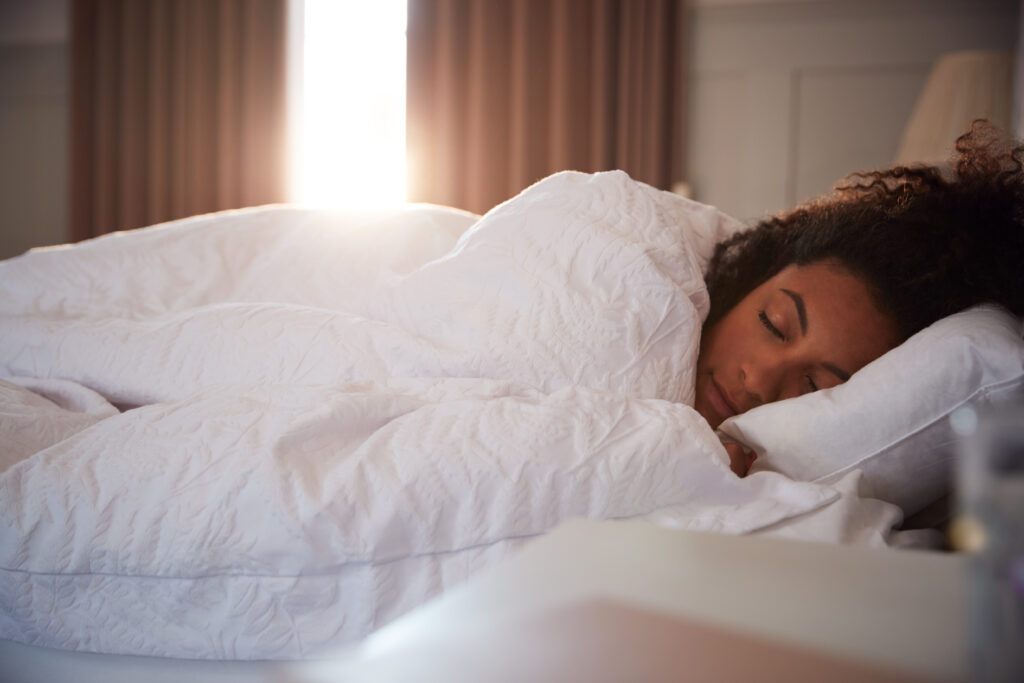
Excessive Daytime Sleepiness – Narcolepsy and Idiopathic Hypersomnia
When we’re not satisfied with our sleep, it’s time to start taking small steps during the day and the night that can have a big impact […]
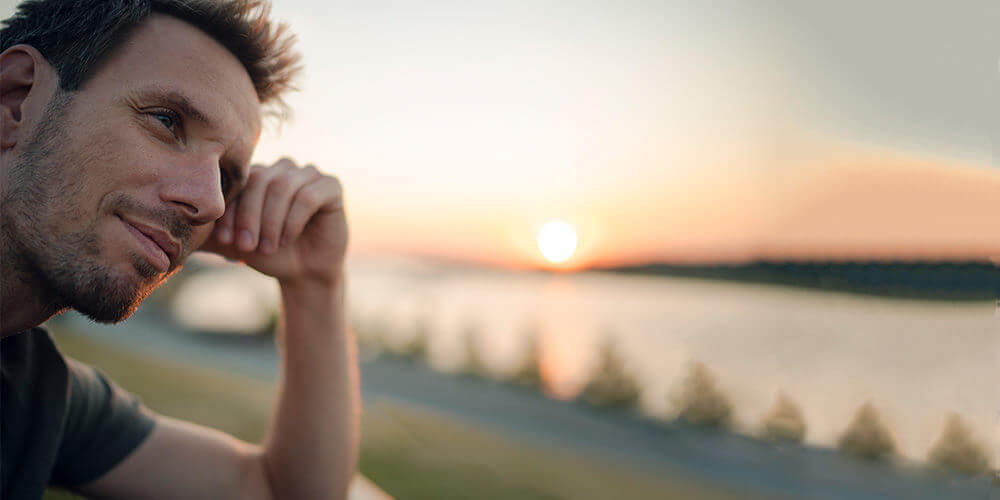
How is your sleep health linked to your mental health?
Hint: There’s a BIG connection between sleep and emotional well-being. Sleep is a critical part of your overall health. And the quality and quantity of your sleep […]
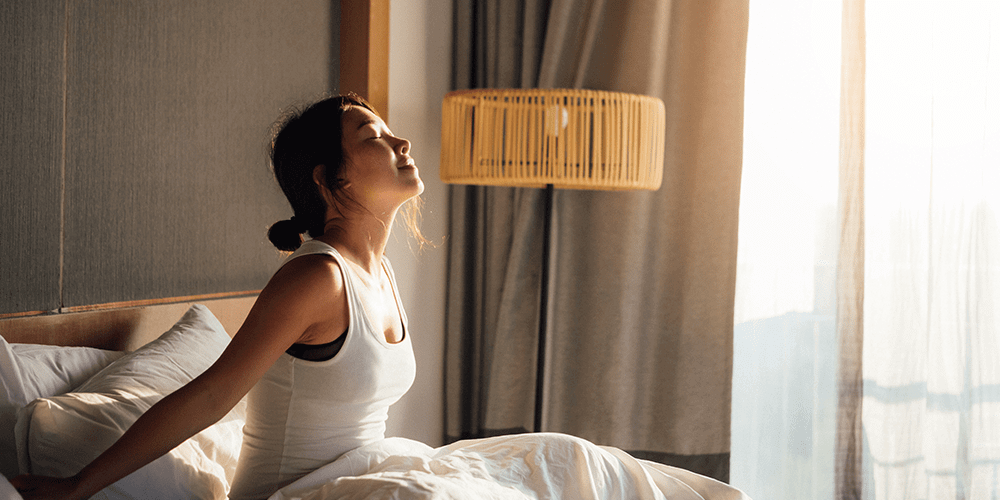
Healthy Sleep Starts Before You Hit the Sheets
Did you know that a good night’s sleep starts with what you do during the day? In fact, from the moment you wake up, you’re affecting your sleep […]
Our blog articles cover a wide range of topics that relate to sleep health.

The Link Between Teens’ Sleep Health and Mental Health
Each year, we survey Americans to find out the state of the nation’s sleep health. We’ve all been through a lot lately, so it’s important for us to pay closer attention to our mental health and things that can affect our mood. Amid the warnings of a mental health crisis among teens, our 2024 poll explored the important connection between sleep health and depressive symptoms among US teens. This first-of-its-kind study found that healthy sleep behaviors are closely linked to mental health in teens. Understanding the link between sleep health and depressive symptoms is important for taking steps or making changes that can improve teens’ overall health and well-being.
Teens’ sleep health and mental health are strongly connected

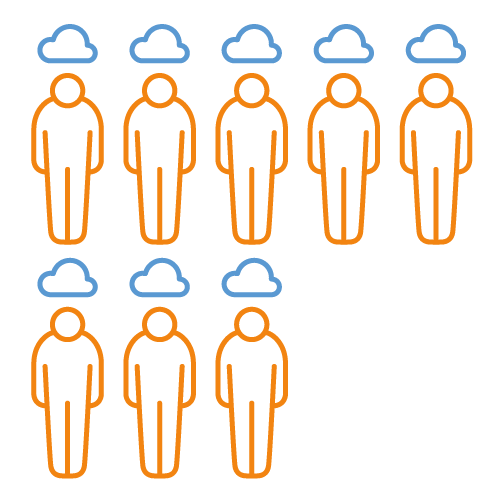
The American teen is not their Best Slept Self®
- 8 out of every 10 teens don’t get enough sleep.
- The typical teen gets an ‘F’ for practicing healthy sleep behaviors.

Teens say their sleep and mental health are connected
- Almost 3⁄4 of teens say their emotional well-being is negatively impacted when they sleep less than usual.
- Teens who have trouble falling or staying asleep 2 or more nights a week have significantly more depressive symptoms.

School demands are a concern for teens’ sleep health and mental health
Teens who get the NSF-recommended 8-10 hours of sleep on school nights have significantly lower depressive symptoms.
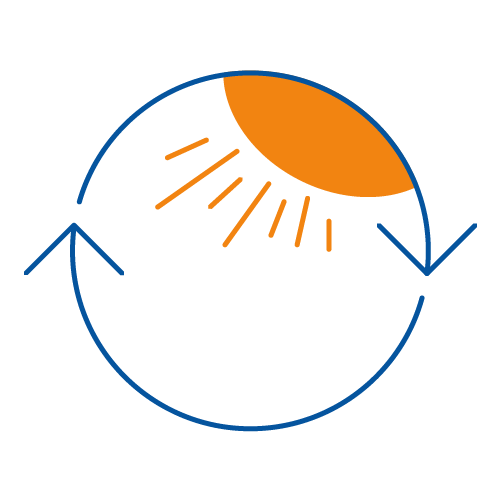
Practicing healthy sleep behaviors can promote mental health in teens
Nearly 80% of teens who earn a ‘B’ or higher practicing healthy sleep behaviors are also free of significant depressive symptoms.
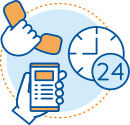



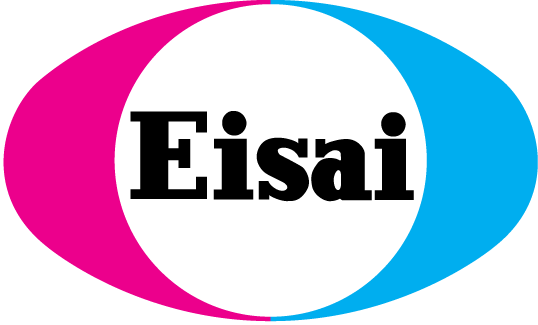







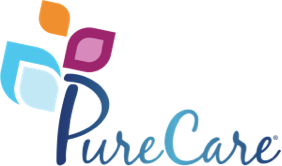



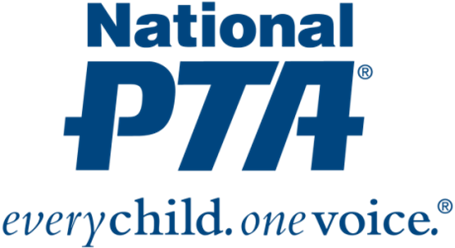


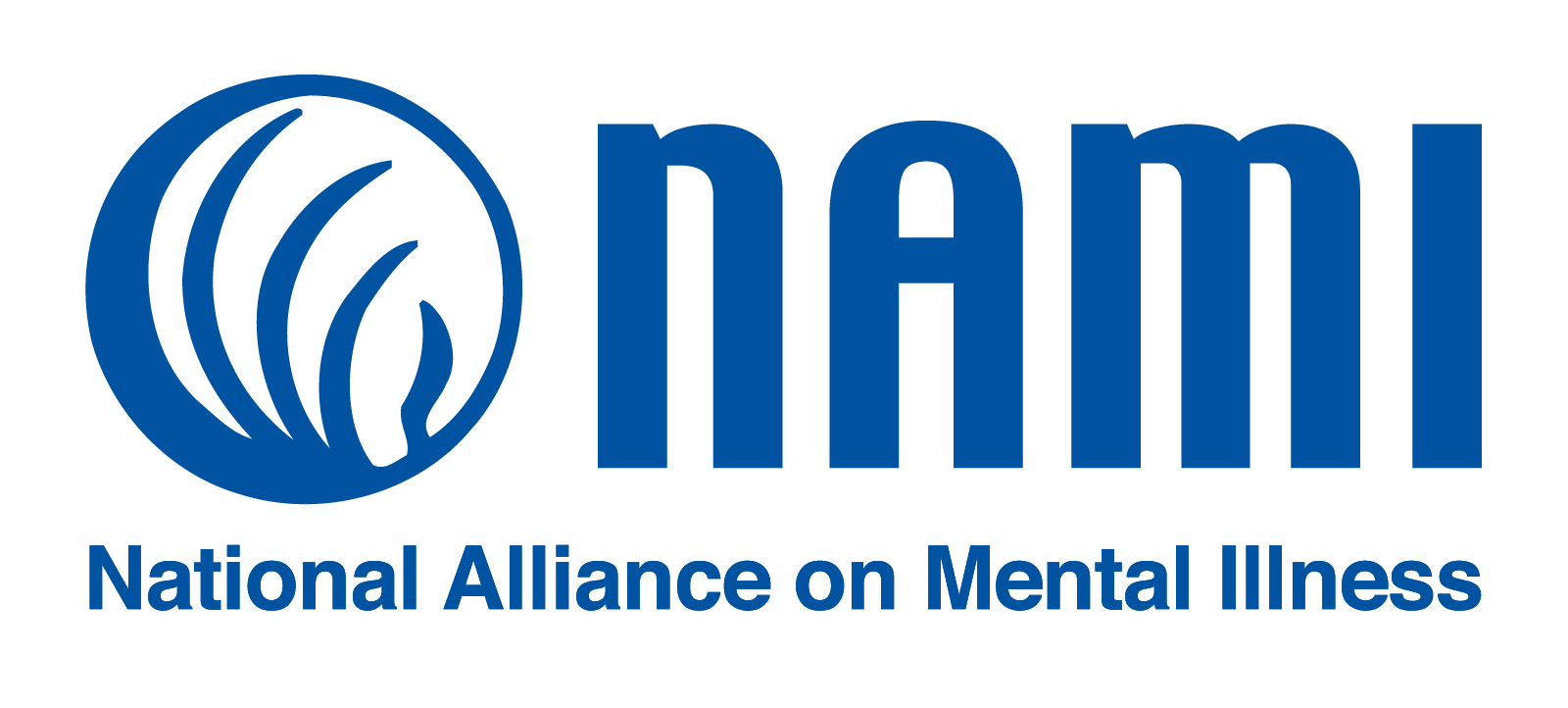

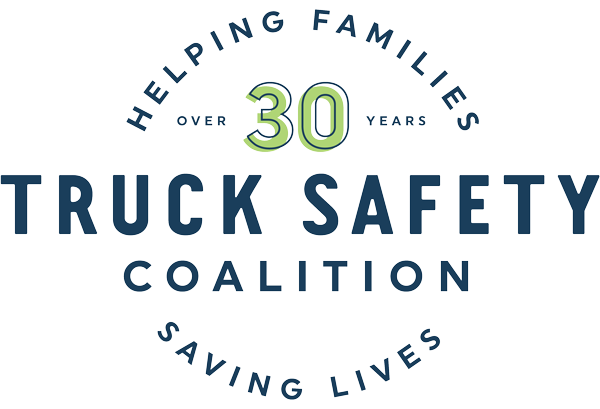




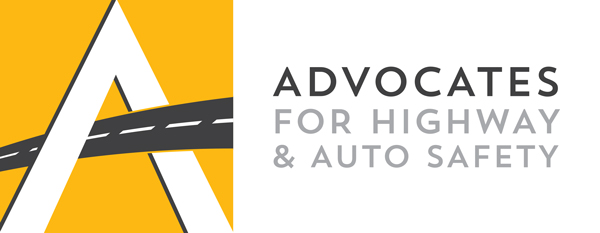




Download the Sleep Awareness Week Participation Toolkit
Each year, the National Sleep Foundation takes this time to emphasize the important connection between sleep and our health and well-being through Sleep Awareness Week®.
Complete the form to get the Sleep Awareness Week® Participation Toolkit.
Tell us a bit about yourself.
"*" indicates required fields

